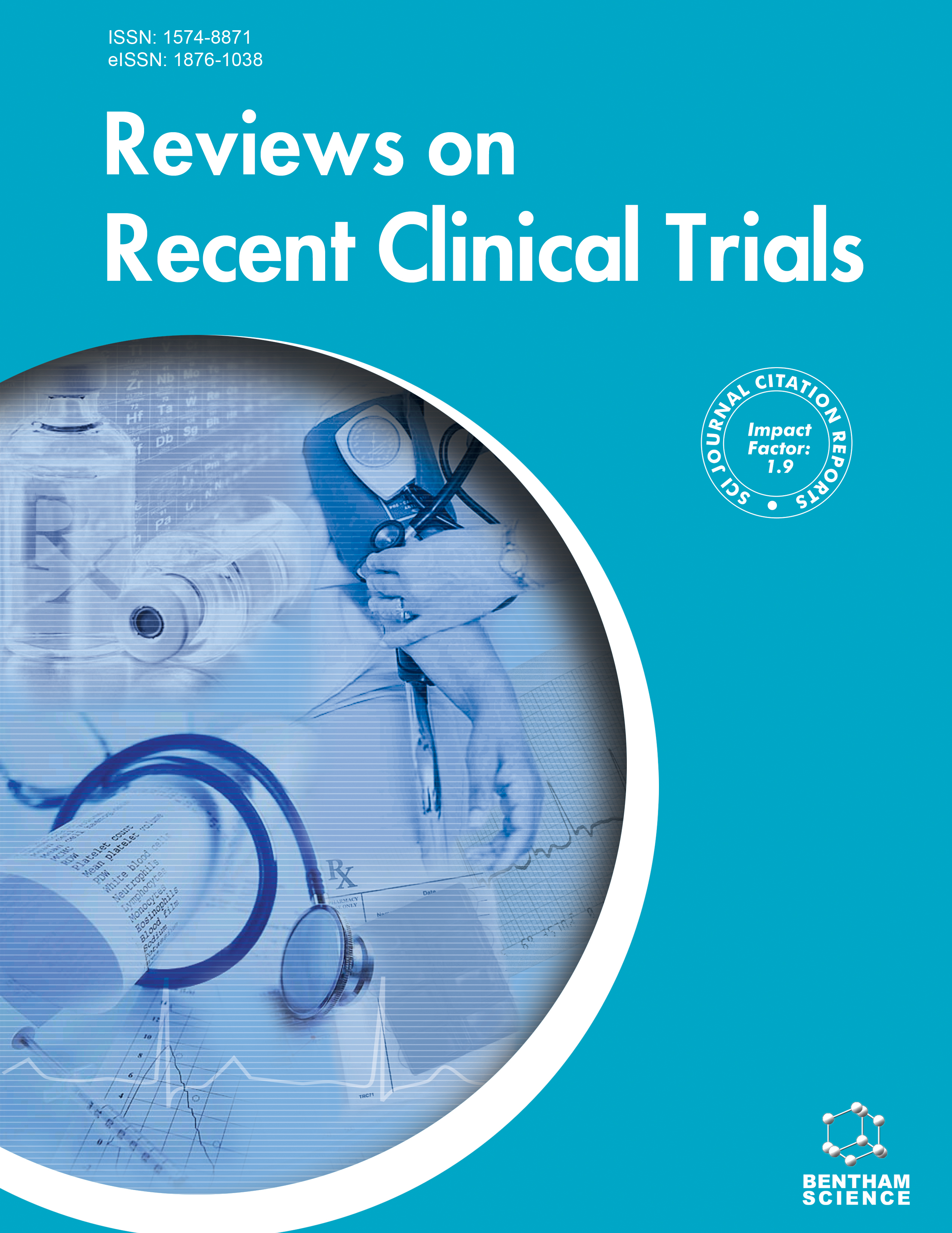
Full text loading...

Clinical trial regulations are essential for ensuring the safety, efficacy, and ethical conduct of drug development. However, the regulatory frameworks governing these trials vary significantly across different countries, affecting approval processes, trial conduct, and drug development timelines. By comparing clinical trial regulations and trial management practices, this study aims to identify regulatory challenges and propose improvements to enhance global harmonization.
This review examines clinical trial regulations across the United States, European Union, Australia, and India, selected based on their diverse regulatory frameworks and global influence on clinical research. Literature screening was conducted using PubMed, Scopus, and official regulatory agency websites, focusing on publications from 2016 to 2024. Selection criteria included regulatory frameworks, amendments, ethical guidelines, and compliance measures related to clinical trials. The analysis covered key aspects such as trial approval timelines, safety reporting requirements, cost implications, and oversight mechanisms to identify regulatory challenges and potential improvements.
The findings reveal that although the studied countries maintain strict regulatory frameworks, they still exhibit gaps and inconsistencies. For instance, variations in approval timelines, safety reporting standards, and oversight mechanisms create inefficiencies and delays in drug development. It notes the absence of specific regulations for Clinical Research Organizations (CROs) authorization and herbal medicine trials in most regions.
Therefore, a key recommendation is to certify CROs to enhance the credibility of clinical trials. Additionally, specific regulations for herbal medicine trials are required to ensure safety and efficacy. Ethical concerns, particularly in pediatric and orphan drug research, demand more stringent oversight. The integration of blockchain technology is also proposed to improve accountability in drug development. Overall, promoting global regulatory harmonization is essential to minimize delays in patient access to essential therapies. These insights are intended to guide policymakers, researchers, and stakeholders in enhancing the quality, safety, and accessibility of medicines.
This review underscores the importance of consistent, transparent, and adaptable clinical trial regulations across global jurisdictions. While current frameworks demonstrate a commitment to ethical and scientific rigor, targeted reforms, such as CRO recognition, herbal trial regulation, and technology integration, are important for advancing clinical research. A harmonized regulatory landscape not only accelerates drug development but also ensures timely patient access to innovative and life-saving therapies.

Article metrics loading...

Full text loading...
References


Data & Media loading...